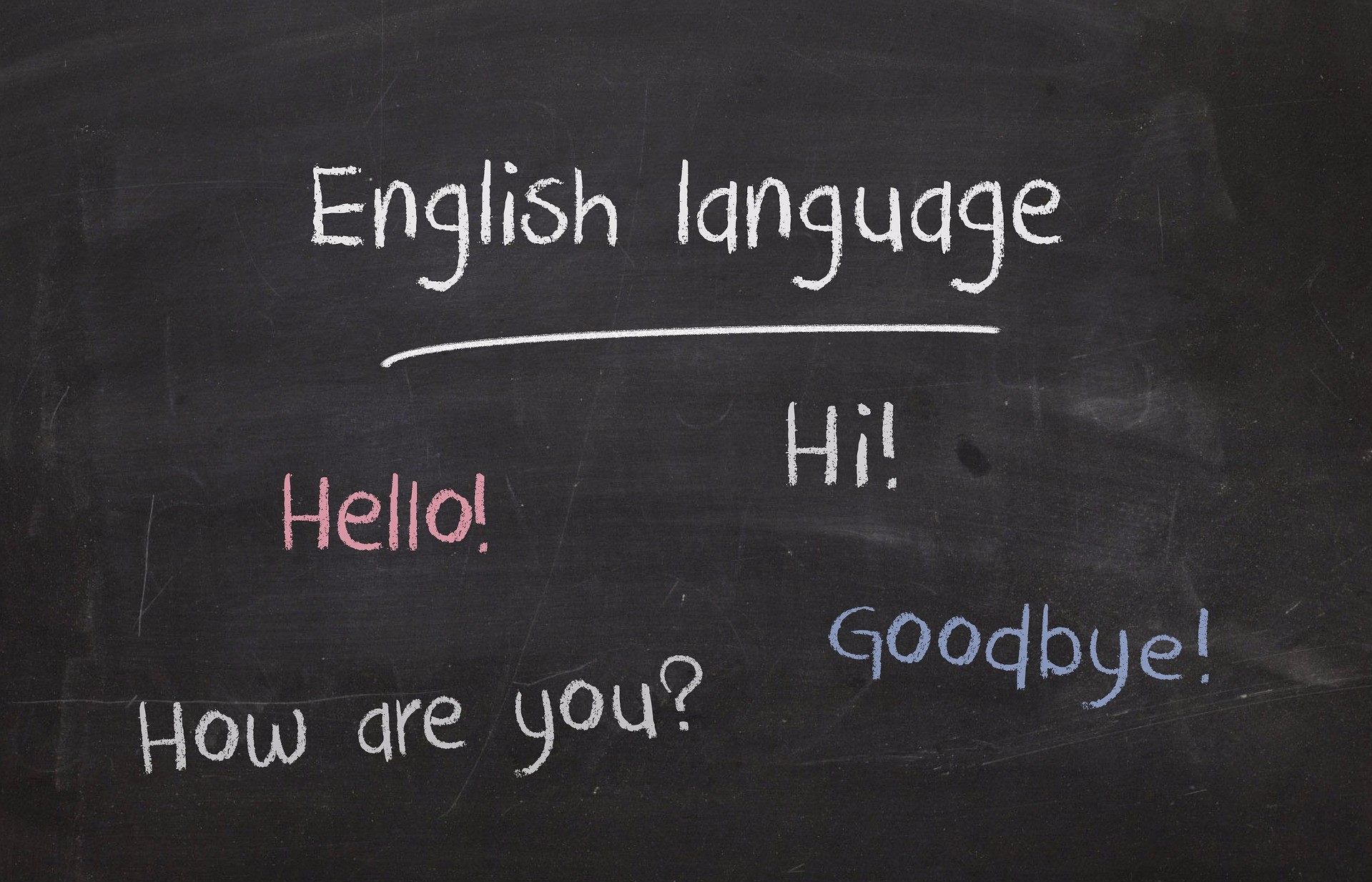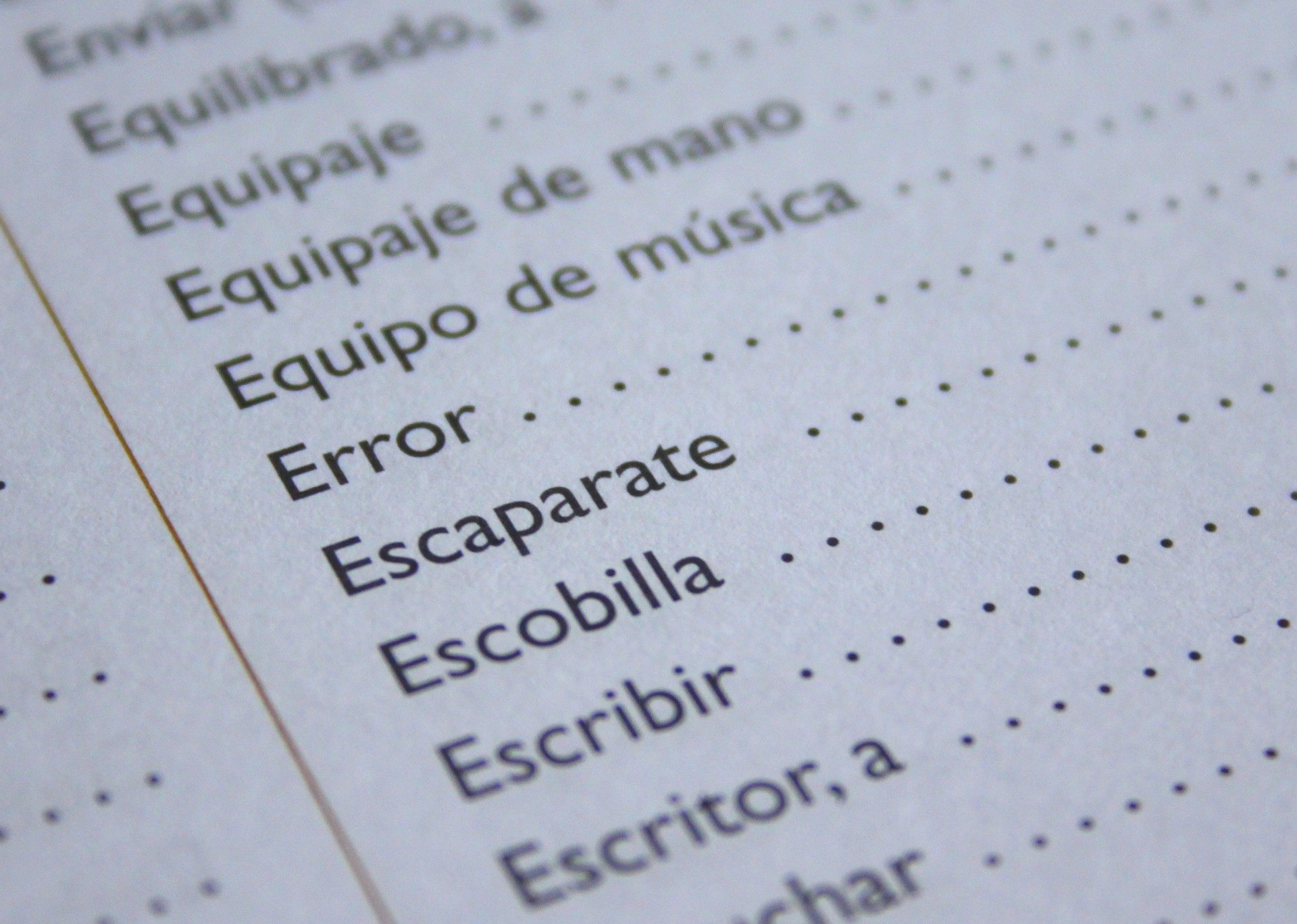Fri, 18 Aug 2017 13:49:19 +0000
By Geralde Vincent-Bancroft
Translating all the time when trying to speak a target language is not helpful. When learning a new language, the truth is that we’re hoping for fluency at some point of our journey. We’re all nurturing the thought of being able to easily sustain a conversation with native speakers without the inconvenience of having to retrieve words that seem to be deeply buried in our long-term memory, and popping out only in our own language.

We should maybe reconsider the way languages are taught. Every new word we encounter is accompanied with their translation, and when we try to memorise our vocabulary, we follow the same system of corresponding the foreign word with its matching counterpart in our own language.
I used to teach English as a foreign language at the Escuela Superior de Comercio y Administración (ESCA), a University in Mexico city. English was the only language spoken in the classroom even for the absolute beginners. They obviously felt lost at first, but they were given phrases and sentences like : ” I don’t understand”, ” please can you repeat?” ” How do you say…..in English?” to help them to get by.

What I am trying to say is that this method helps the students to start thinking in their target language from the word go. It allows them to learn the new vocabulary faster because they find a practical use for it which is to communicate with teacher and peers. After a while they totally dropped using their native language.
For most of you the system used might be different, but don’t despair, there are ways to stop you thinking in your own tongue and stop translating.
How to stop translating
If you are an absolute beginner, you need to learn the foundations of the new language like the alphabet, basic words and expressions.

When learning your new vocabulary, try to find a representation of the object that you are trying to memorise; for example if you’re learning the word table “mesa” in Spanish, draw a table or stick a picture of a table instead of translating it. This is the way a child learns to speak. They don’t have any other language as reference. They see the object and with time and practice they learn the name for it. So, learn as a child.
Use the foreign language daily
Use your language learning in your daily activities. If you’re brushing your teeth name toothpaste, toothbrush, mirror, all objects in your bathroom. If you don’t know them, make a mental note to investigate. Repeat the same process the following day until you know them all.

Now, carry on with a different room in the house. When out and about label everything you see. Write the unknown words in your vocabulary notebook, which by the way is always with you. The result is simply that your vocabulary pool is growing fast and when you need these words, a mental representation will appear in your mind instead of a word in your mother tongue popping out when not requested.
The representation of abstract words will be slightly more difficult. For these, use definitions. Look them up in a dictionary in your target language and write them down. You can try as well to associate these words with a physical object or a person.
Create an immersion-like environment
Immerse yourself in your target language. Listen to music, audio- books, TV programs.
Download a copy of this Blog post here
Think in your target language and stop translating
One way to do it is to describe to yourself what you see or intend to do. For example if you’re going to the corner shop for a pint of milk, describe to yourself all the steps like going out of the house, securing the door, walking down the street, what you see around you, who you see, what you do when you arrive there, how you pay for the milk….you get my drift.
You can make a recording of yourself as well talking about a specific topic in your target language. It is a good way to pay attention to your pronunciation.

If you consistently apply these tips you’ll see that your dream of fluency is just round the corner.
* If you were to study a language would you like it entirely in your target language even though you’re an absolute beginner? Please leave a comment.
Download a copy of this Blog post here